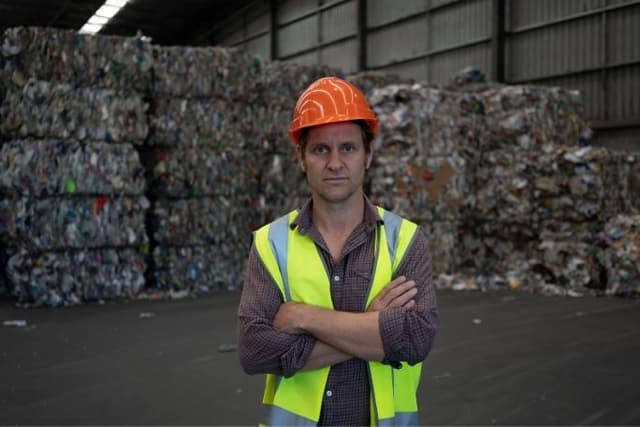
War On Waste - Tuning Into Plastic Waste
Lesson2 of 7 in this unit
PrimaryFoundationYear 1 - 4ScienceEnvironmentalSustainabilityEconomicDesign Thinking
Summary
Lesson Guides and Printables
Lesson Plan

Teacher Content Info


Lesson Plan

Teacher Content Info
